Last January I blogged about the winter worlds I wish I could visit. Now that we’re well into the month of August and temperates are soaring, I thought it would be a good time to revisit this topic from a summery perspective.
One of the differences between this list and the one I did for winter is how loosely I’m defining a summer world. Some of the places I’ll be mentioning in this post never get cold or snowy at all. Others have seasonal changes that don’t necessarily match up perfectly with Ontario’s yearly weather cycle. A couple of them are places that aren’t so much “worlds” as they are countries (or parts of countries) that really exist.
It’s the presence of hot, often humid weather and everything that comes along with such a forecast that I’m looking for in these tales regardless of where they are set. I hope you’ll understand why I loosened the definition of this label and have a few ideas of your own of summer or summer-like settings that might be interesting to visit.
The Congo
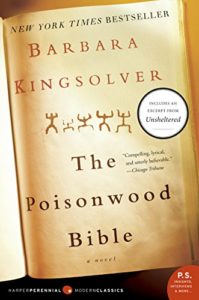 The Poisonwood Bible by Barbara Kingsolver
The Poisonwood Bible by Barbara Kingsolver
Caveat: I’d pack plenty of practical items like bug spray and I’d spend very little time with the main characters of this tale.
The setting, though, tickled my imagination. I wish the audience could have seen the Congo’s fight for independence from Belgium from the perspective of someone who was born and raised in the Congo. The parts of this struggle that the main characters witnessed were fascinating. They made me wish it were possible to see the beginning of this movement for myself, and they were the highlight of the storyline for me.
The Deep South
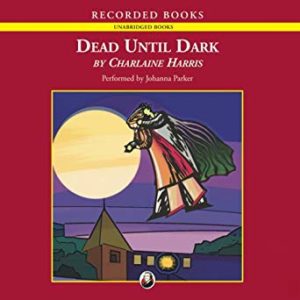
Dead Until Dark by Charlaine Harris
While I’ve only been to Louisiana once, I did spend about a year of my childhood living in a different southern state. It wasn’t enough time for me to think of myself as a southerner by any means, but it was a period of my life when I developed some of my earliest memories that I am pretty certain are accurate and genuine.
The warm, humid evenings down there are something I’ll never forget. There’s no way to escape them. Like getting through snowstorms up north, you simply have to learn to adjust the rhythms of your day to what the weather is like. Assuming I could avoid the vampires running around there in this universe, it would be interesting to see if my memories of southern evenings are as accurate as I hope they are.
Any River That Huck Finn Paddles Down
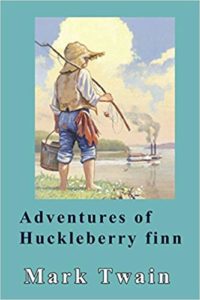
The Adventures of Huckleberry Finn by Mark Twain
Huck was a character I liked a lot when I was a kid. The thought of a child deciding to leave home and go on an adventure without telling any of the adults in his or her life where they were headed made my heart skip a beat. I didn’t actually catch onto the satirical elements of the plot until I was older, but I do remember being envious of how much freedom this character had to design his own idea of a good time over the summer.
Also, I love bodies of water in almost any form. There are few things more soothing to me than spending time as close to a lake, river, pond, or ocean as possible. The sound of water lapping against the shore (or a seaworthy vessel) can lull me to sleep in minutes.
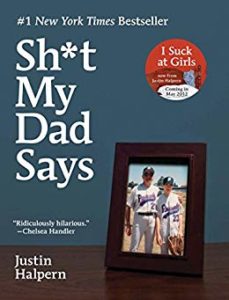
The House Where Justin’s Dad Lives
Sh*t My Dad Says by Justin Halpern.
How is that for a vague title? About seven or eight years ago there was a popular Twitter account that quoted all of the odd, funny, and sometimes disturbing things the author’s dad said without necessarily realizing that he was embarrassing his son. Eventually those quotes were compiled into a book.
As someone who has my own fair share of relatives who are known for putting their feet in their mouths over and over again without no signs of learning from their pasts, I’d know exactly how to respond to the cringeworthy stuff Justin’s dad said back in the day (and maybe still does).
A Summer That Refuses to End
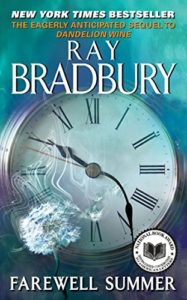 Farewell Summer by Ray Bradbury
Farewell Summer by Ray Bradbury
Raise your hand if you feel like this summer is going to last until the end of time.
This book is part of a series that is still on my TBR list, so I can’t give out any specific details about it yet. What I can say is that I, too, feel as though autumn is a decade or two away. It’s funny how some parts of the year speed by while others drag on forever, isn’t it?
What summer or summer-like worlds do you wish you could visit?

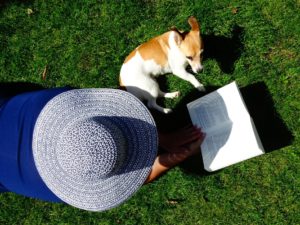 Last winter I shared a
Last winter I shared a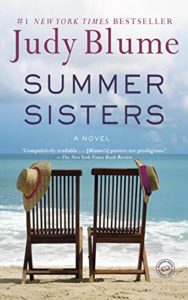
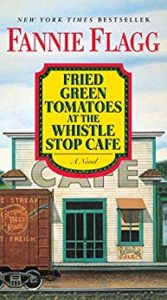
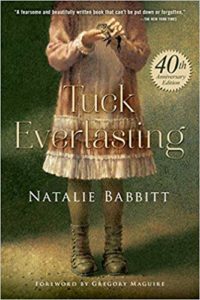
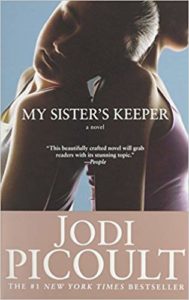
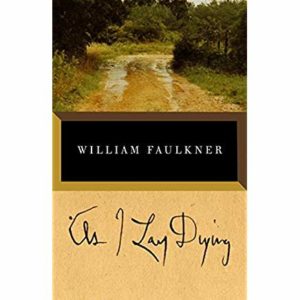
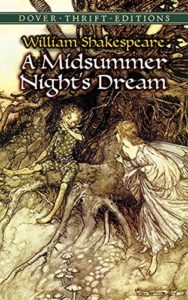
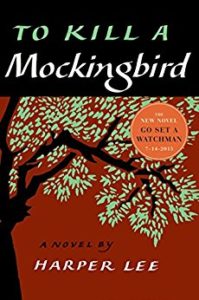
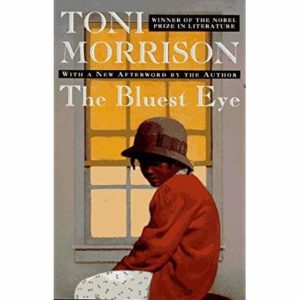
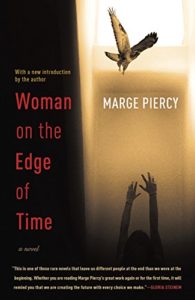 Marge Piercy’s Woman on the Edge of Time was first published in 1976. It was about Consuelo Ramos, a woman whose life had been forever changed by poverty, mental illness, prejudice, and violence.
Marge Piercy’s Woman on the Edge of Time was first published in 1976. It was about Consuelo Ramos, a woman whose life had been forever changed by poverty, mental illness, prejudice, and violence.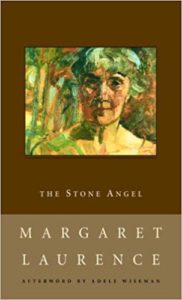
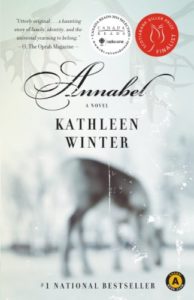
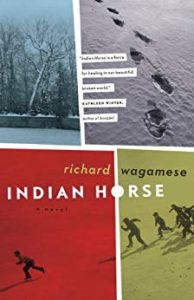
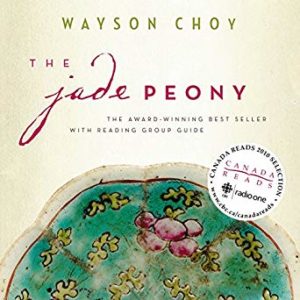
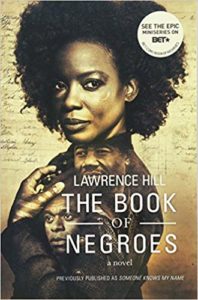
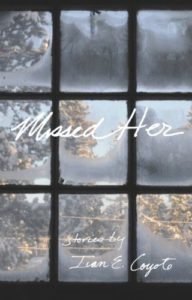
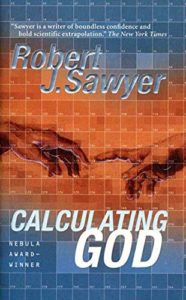

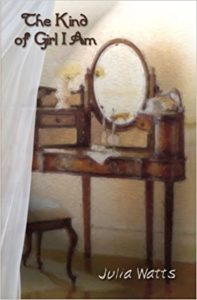
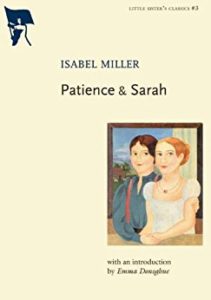
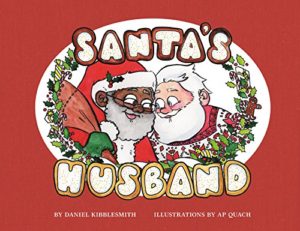
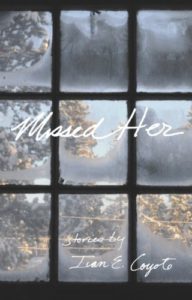
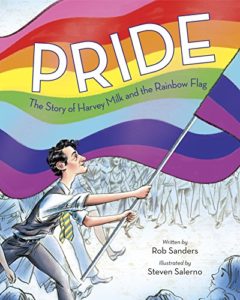

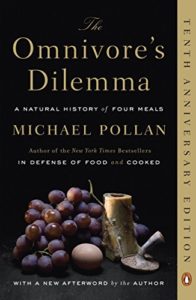
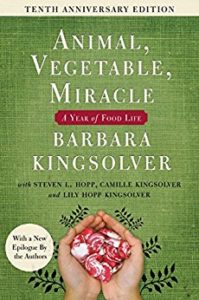
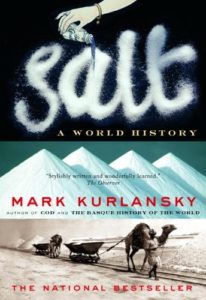
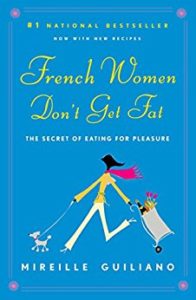
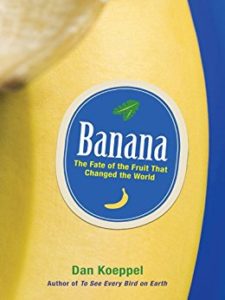
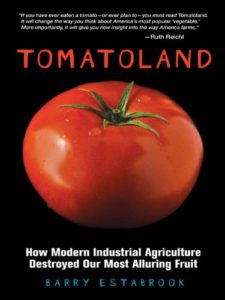
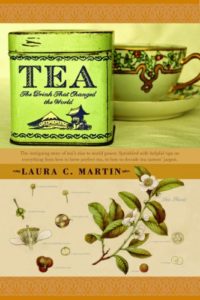
 As soon as I outgrew the small space between the couch and the cabinet full of books, I moved onto a spot beneath my grandparents’ piano. (Have you noticed the pattern of my early reading years yet?)
As soon as I outgrew the small space between the couch and the cabinet full of books, I moved onto a spot beneath my grandparents’ piano. (Have you noticed the pattern of my early reading years yet?) By far my favourite part of attending public school was getting to visit the school library. They had hundreds of books there, and you could check them out as often as you wanted to.
By far my favourite part of attending public school was getting to visit the school library. They had hundreds of books there, and you could check them out as often as you wanted to. The best reading years of my childhood began when I was fifteen and we moved away from the countryside and into a small town.
The best reading years of my childhood began when I was fifteen and we moved away from the countryside and into a small town.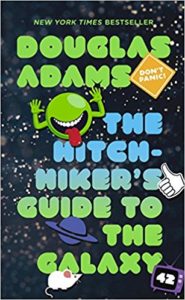
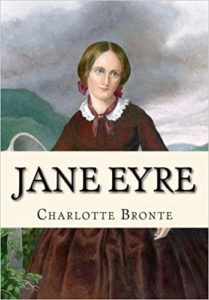
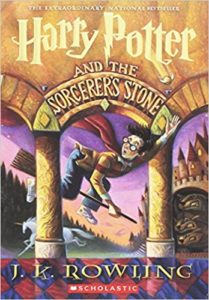

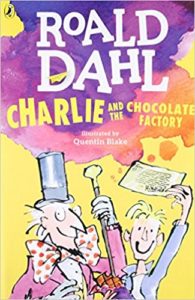
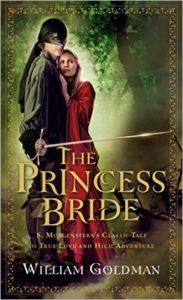
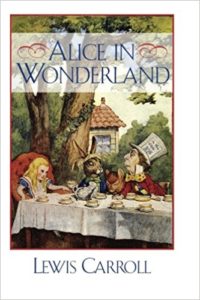
 To give you a concrete example of what I’m talking about, let’s go back to when I was in high school. My eleventh grade English teacher was a kind, generous woman who regularly allowed her students borrow books from her if we wanted something to read for the sheer joy of it.
To give you a concrete example of what I’m talking about, let’s go back to when I was in high school. My eleventh grade English teacher was a kind, generous woman who regularly allowed her students borrow books from her if we wanted something to read for the sheer joy of it.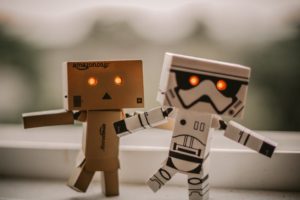 The subjective nature of these things isn’t limited to literature, either.
The subjective nature of these things isn’t limited to literature, either. Have you ever noticed how difficult it is to get a group of people to agree on what a good song should sound like even after you’ve sorted out objective criteria like the quality of the singer’s voice or whether or not they’re singing on key?
Have you ever noticed how difficult it is to get a group of people to agree on what a good song should sound like even after you’ve sorted out objective criteria like the quality of the singer’s voice or whether or not they’re singing on key? I spend a lot of my time online talking to other people who love to read. Over and over again, I keep running into conversations about stories that someone doesn’t like for any number of reasons but forces themselves to keep reading anyway.
I spend a lot of my time online talking to other people who love to read. Over and over again, I keep running into conversations about stories that someone doesn’t like for any number of reasons but forces themselves to keep reading anyway. I may have to write a follow-up post to this post sometime, but not every author or story is going to appeal to every single reader no matter how many times you try to change your opinion of it.
I may have to write a follow-up post to this post sometime, but not every author or story is going to appeal to every single reader no matter how many times you try to change your opinion of it.